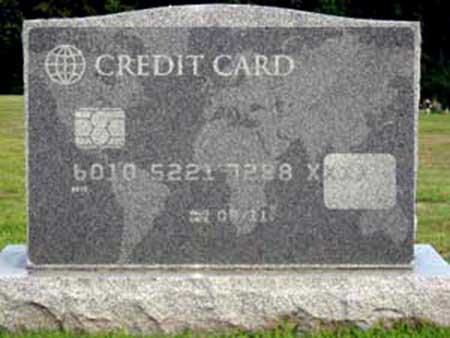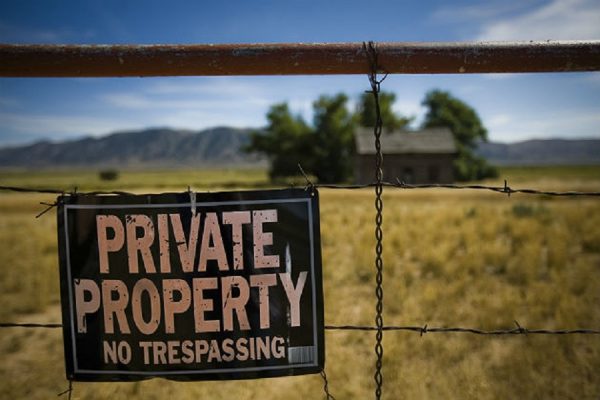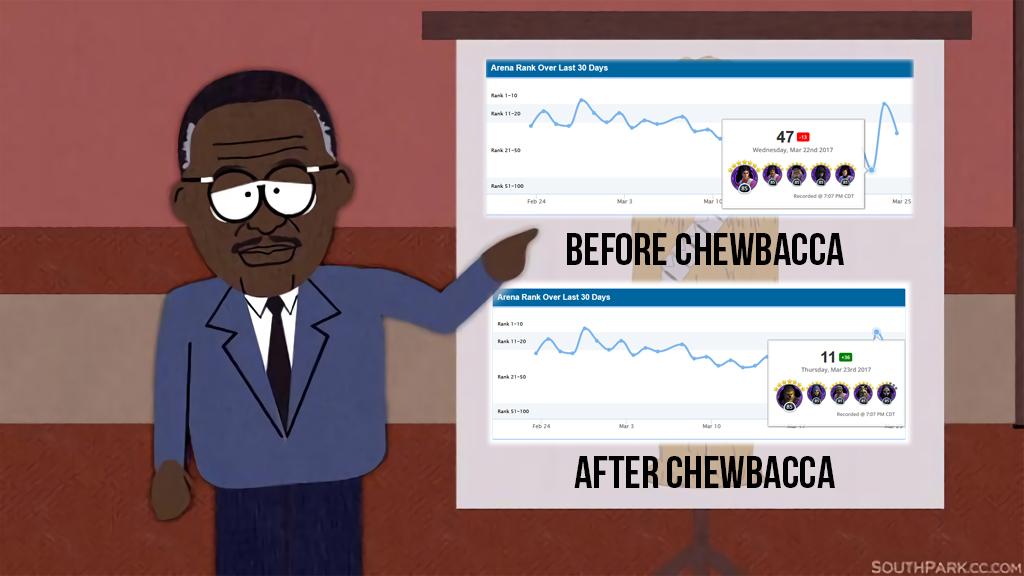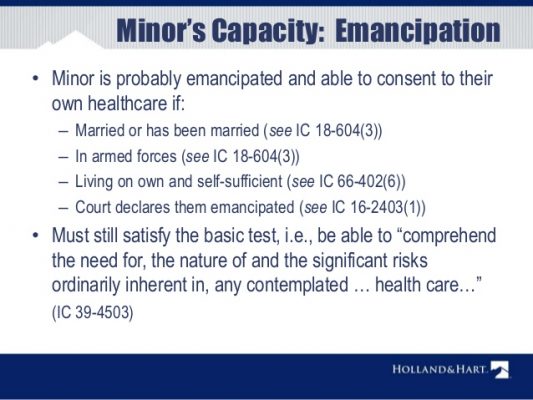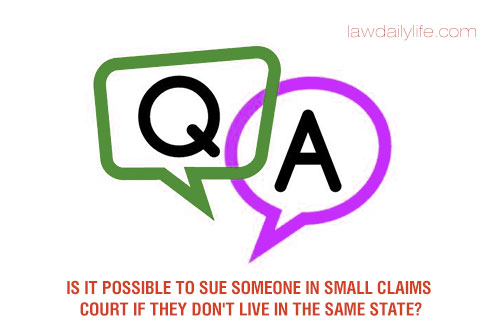If a person dies with major credit card debt, is it their children’s responsibility to pay it off? What happens to personal debt after death?
At least in the USA, the children would only be liable for the debt if they were cosigners on the accounts. However, the decedent’s estate would generally still be liable for the debts. If the decedent had any assets (home equity, investment accounts, etc.) then the estate would usually have to pay off debts before distributing anything to heirs. If the decedent died without enough assets to pay off the debts, and there was no cosigner (or spouse in a community property state) then the debts would go unpaid.
The general rule is that all debts must be paid before any assets are distributed. Your outstanding credit card balances, for instance, are generally paid before any money or gifts are distributed to your heirs.
An exception to this general rule is for “secured debts,” that is, debts that allow the lender to take possession of a specific piece of property if the debt is not repaid. Examples of such secured debts are mortgages or auto loans. If a piece of property is collateral for a secured debt, that property can be distributed, but the debt will generally go with it. For instance, say you have a car worth $10,000 and a loan on the car of $5,000. You can leave the car to someone in your will, but it will be that person’s obligation to pay off the loan.
What happens if you owe more than you own? In general, people cannot inherit another person’s debts. If there is not enough cash in the estate to pay debts, all property of the estate will be sold to pay the debts and no one will inherit anything. For example, if someone dies owing $12,000 in credit card debt, but has cash and property worth only $10,000, the property will be sold and the $10,000 will be paid to the credit card issuer.
